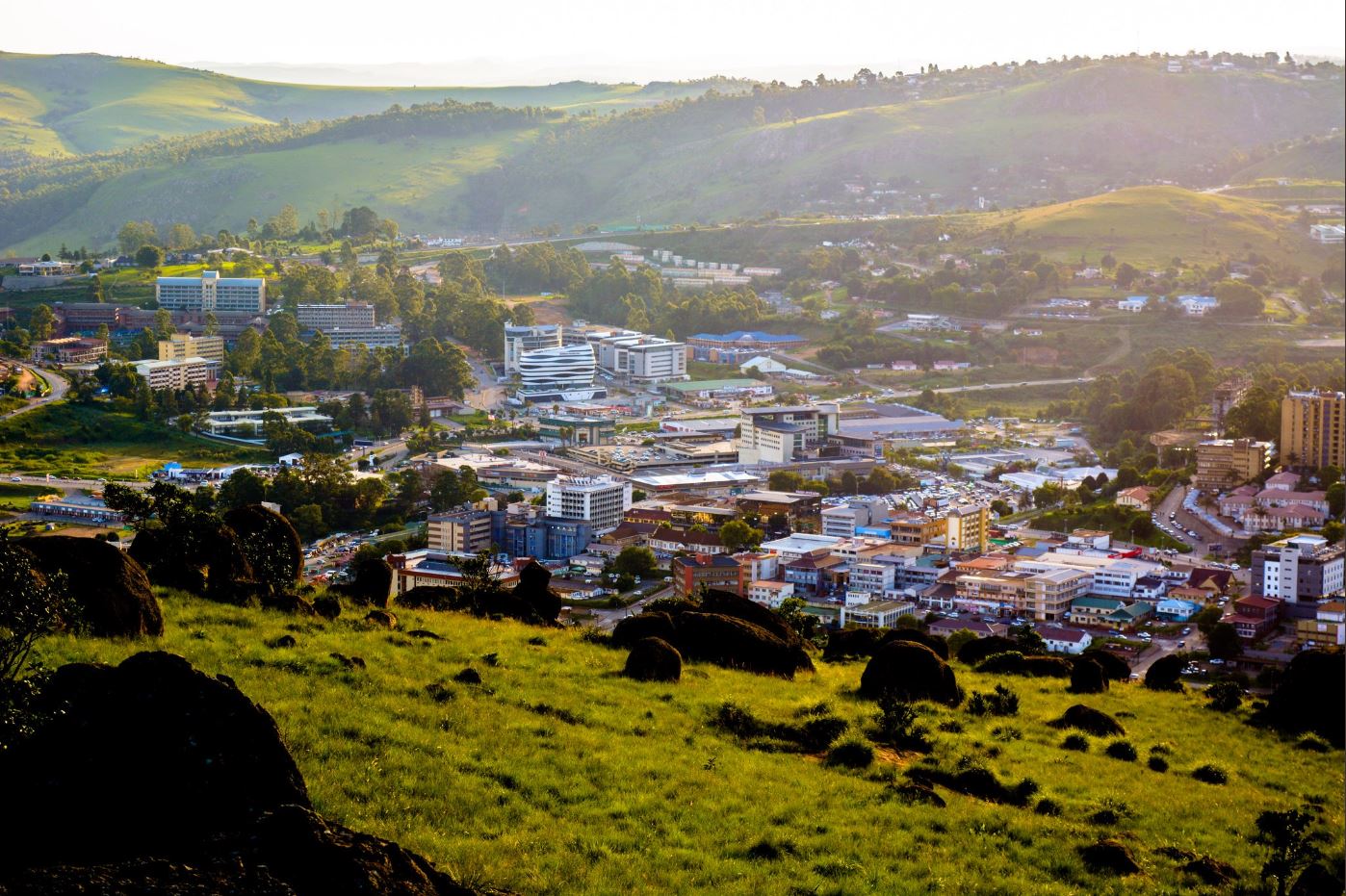
Mbabane, the capital of Eswatini, is a city full of surprises. Nestled in the scenic Mdzimba Mountains, it offers a blend of natural beauty and cultural richness. Ever wondered what makes this city tick? Here are 29 facts about Mbabane that will give you a glimpse into its unique charm. From its origins to its modern-day attractions, Mbabane has a story to tell. Whether you're a geography buff, a history enthusiast, or just curious, these facts will enlighten and entertain. Ready to learn more about this fascinating city? Let's dive in!
Mbabane: The Capital of Eswatini
Mbabane, the capital city of Eswatini (formerly Swaziland), is a place brimming with unique characteristics and fascinating history. Nestled in the picturesque Mdzimba Mountains, this city offers a blend of natural beauty and cultural richness.
- Mbabane became the capital of Eswatini in 1902, replacing Manzini.
- The city is named after Chief Mbabane Kunene, a local Swazi chief.
- Mbabane's elevation is approximately 1,243 meters (4,078 feet) above sea level.
- The city experiences a subtropical highland climate, with mild temperatures year-round.
- Mbabane is home to around 95,000 residents, making it the largest city in Eswatini.
Cultural and Historical Significance
Mbabane holds a significant place in Eswatini's cultural and historical landscape. From traditional practices to modern influences, the city is a melting pot of experiences.
- The Mbabane Market is a bustling hub where locals sell crafts, fresh produce, and traditional Swazi attire.
- The city hosts the annual Umhlanga Reed Dance, a traditional ceremony celebrating Swazi culture.
- Mbabane is home to the Swaziland National Museum, which showcases the country's history and heritage.
- The city features several colonial-era buildings, reflecting its history under British rule.
- Mbabane's cultural scene includes vibrant music and dance performances, often held in local venues.
Natural Beauty and Outdoor Activities
Surrounded by stunning landscapes, Mbabane offers numerous opportunities for outdoor enthusiasts. The city's natural beauty is a major draw for both locals and tourists.
- The Mdzimba Mountains provide excellent hiking trails with breathtaking views.
- Mbabane is near the Malolotja Nature Reserve, known for its diverse flora and fauna.
- The city's proximity to the Ezulwini Valley offers access to hot springs and scenic spots.
- Mbabane's Pine Valley is a popular destination for picnics and nature walks.
- The Mbuluzi River runs through the city, adding to its picturesque charm.
Economy and Infrastructure
Mbabane's economy and infrastructure have evolved significantly over the years. The city serves as a central hub for commerce and government activities in Eswatini.
- Mbabane's economy is primarily driven by government services, trade, and tourism.
- The city has a well-developed road network, connecting it to other parts of Eswatini.
- Mbabane is home to several international embassies and consulates.
- The city features modern shopping centers, including The Mall Mbabane and Riverstone Mall.
- Mbabane's healthcare facilities include the Mbabane Government Hospital and several private clinics.
Education and Innovation
Education plays a crucial role in Mbabane's development. The city boasts several institutions that contribute to the intellectual growth of its residents.
- The University of Eswatini has a campus in Mbabane, offering various academic programs.
- Mbabane is home to several reputable primary and secondary schools.
- The city hosts the Eswatini College of Technology, focusing on technical and vocational education.
- Mbabane's public library provides access to a wide range of books and resources.
- The city encourages innovation through various tech hubs and startup incubators.
Unique Facts About Mbabane
Mbabane has some unique and lesser-known aspects that add to its charm. These facts highlight the city's distinctiveness.
- Mbabane has a sister city relationship with Fort Worth, Texas, USA.
- The city's name, Mbabane, means "the place of stones" in the local SiSwati language.
- Mbabane is one of the few African capitals without a railway station.
- The city is known for its vibrant street art, with murals adorning many buildings.
Mbabane's Unique Charm
Mbabane, the capital of Eswatini, is a city full of surprises. From its vibrant markets to the stunning landscapes surrounding it, Mbabane offers a mix of cultural richness and natural beauty. The city's history and traditions are deeply rooted, giving visitors a glimpse into the heart of Eswatini. Whether you're exploring the local cuisine, visiting the Mbabane Market, or hiking in the nearby mountains, there's always something new to experience. The friendly locals and their warm hospitality make every visit memorable. Mbabane may not be the largest city, but it certainly packs a punch with its unique charm and endless opportunities for adventure. So, next time you're planning a trip, consider Mbabane for an unforgettable experience.
Was this page helpful?
Our commitment to delivering trustworthy and engaging content is at the heart of what we do. Each fact on our site is contributed by real users like you, bringing a wealth of diverse insights and information. To ensure the highest standards of accuracy and reliability, our dedicated editors meticulously review each submission. This process guarantees that the facts we share are not only fascinating but also credible. Trust in our commitment to quality and authenticity as you explore and learn with us.
